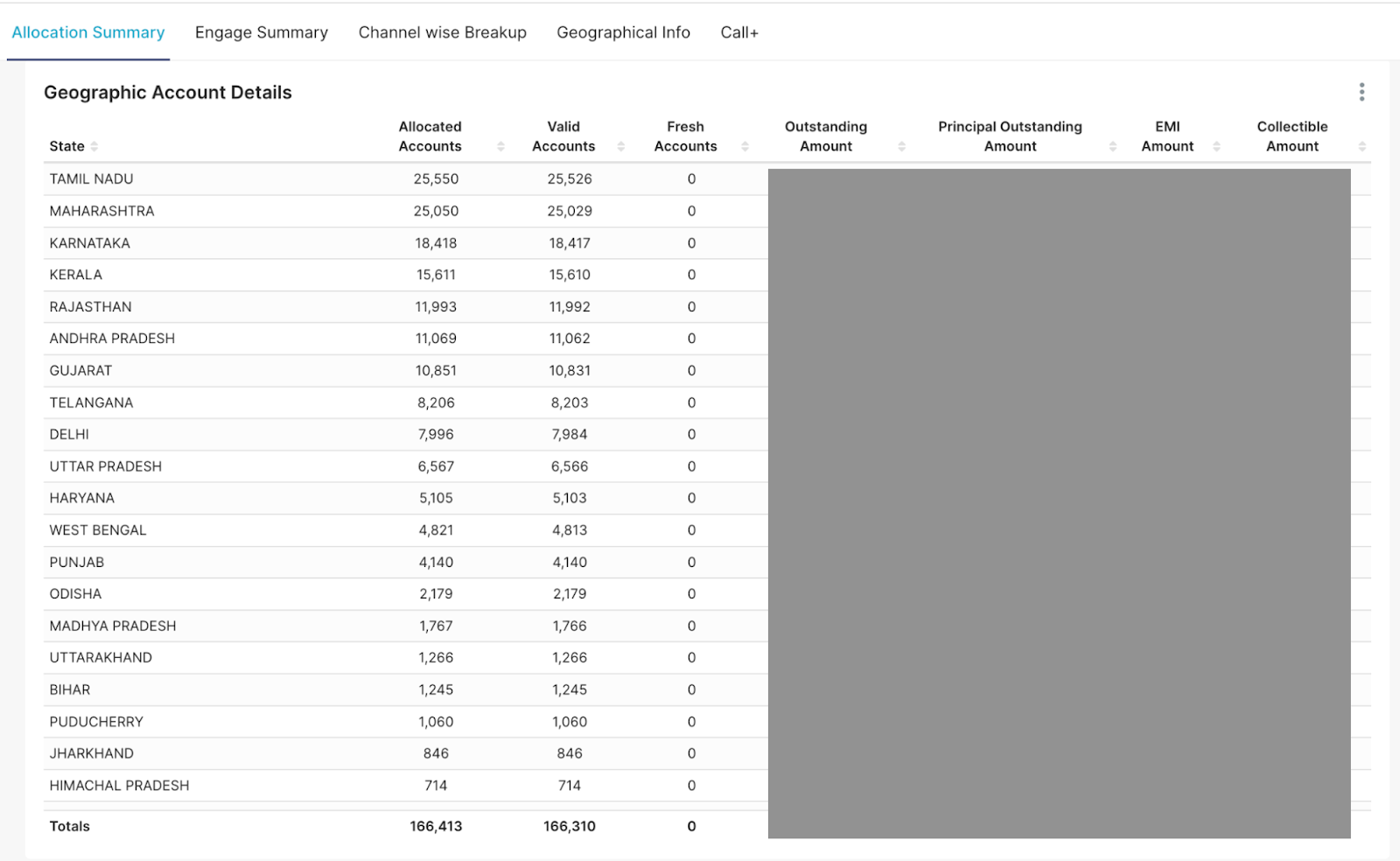🚀 CloudSEK has raised $19M Series B1 Round – Powering the Future of Predictive Cybersecurity
Read more




What happens when sensitive financial dashboards are left wide open to the internet? CloudSEK’s SVigil, our industry-leading digital supply chain monitoring platform, recently uncovered an unauthenticated Apache Superset dashboard belonging to a vendor of a major financial institution.
This misconfiguration gave away far more than just graphs and charts. From borrower communication logs to state-wise debt allocation and outstanding loans worth over USD 110 million, the exposed data painted a complete picture of internal lending strategies. Without SVigil’s intervention, this silent leak could’ve escalated into a multi-crore financial disaster.
Read on to discover how a single exposed dashboard almost unraveled a major bank’s data fortress — and how SVigil’s vigilance saved the day.
During routine scans across third-party digital assets, SVigil flagged an unusual anomaly — an open Apache Superset instance. No login prompt. No authentication barrier. Just pure access to one of the most critical data systems powering a major financial institution’s co-lending operations.
Upon investigation, SVigil confirmed that this dashboard was leaking sensitive loan data, internal lending workflows, borrower outreach metrics, and financial allocation details. Even more alarming? This vendor plays a key role in managing the bank’s digital lending and credit intelligence.

This wasn’t just data exposure — it was an invitation for threat actors to walk through the front door of a major bank’s data vault.



This incident underscores the value of continuous vendor and third-party risk monitoring. SVigil caught what could’ve been one of the most significant leaks in the Indian BFSI tech ecosystem — all thanks to its real-time digital supply chain scanning.
By discovering the vulnerability before malicious actors did, SVigil gave the major financial institute the upper hand to act swiftly and secure their data.
In the world of digital trust, prevention isn’t just better — it’s priceless.
About CloudSEK
CloudSEK is a unified digital risk management platform that leverages AI and machine learning to deliver real-time threat intelligence, attack surface monitoring, and supply chain security across enterprises globally.